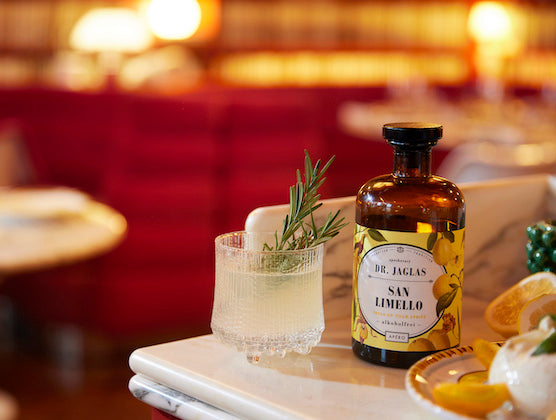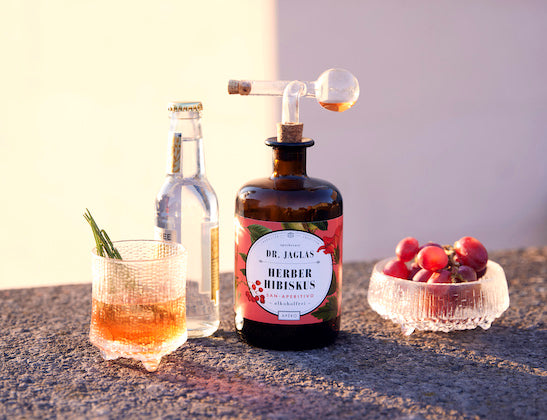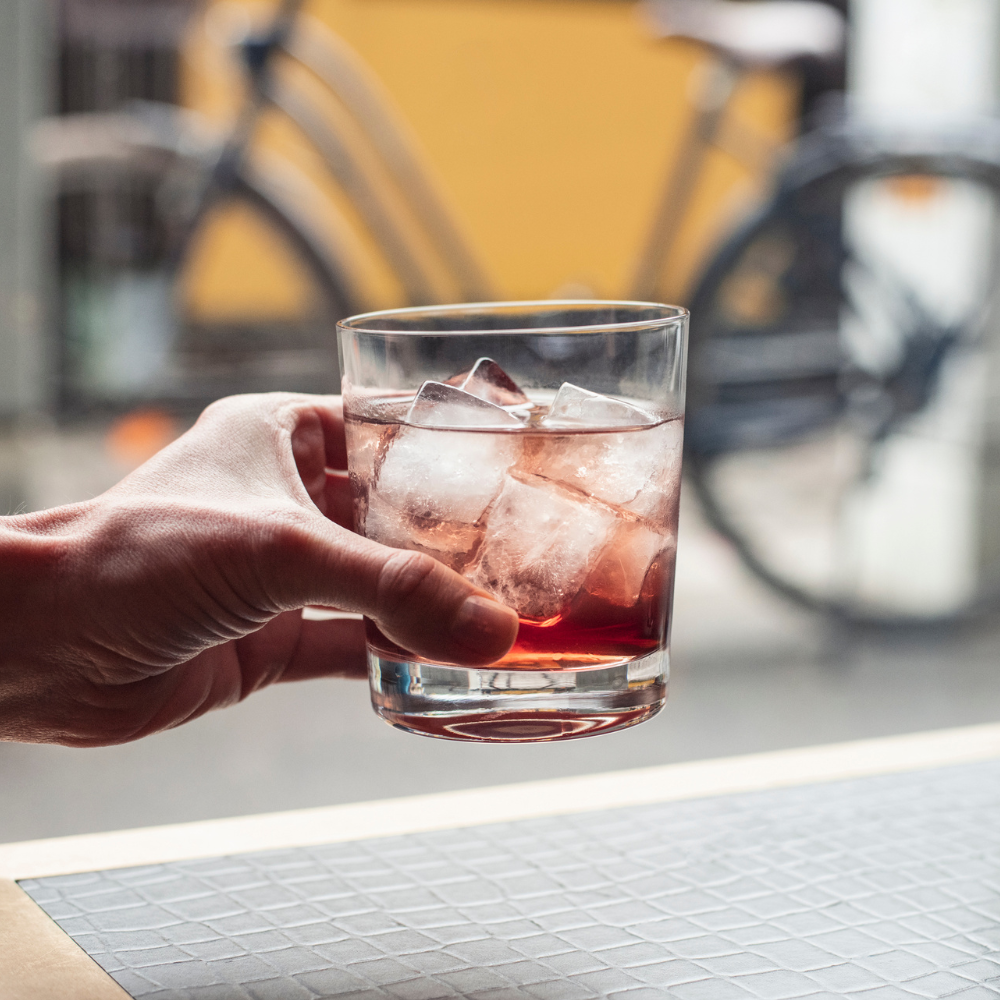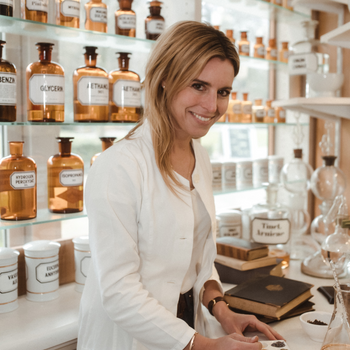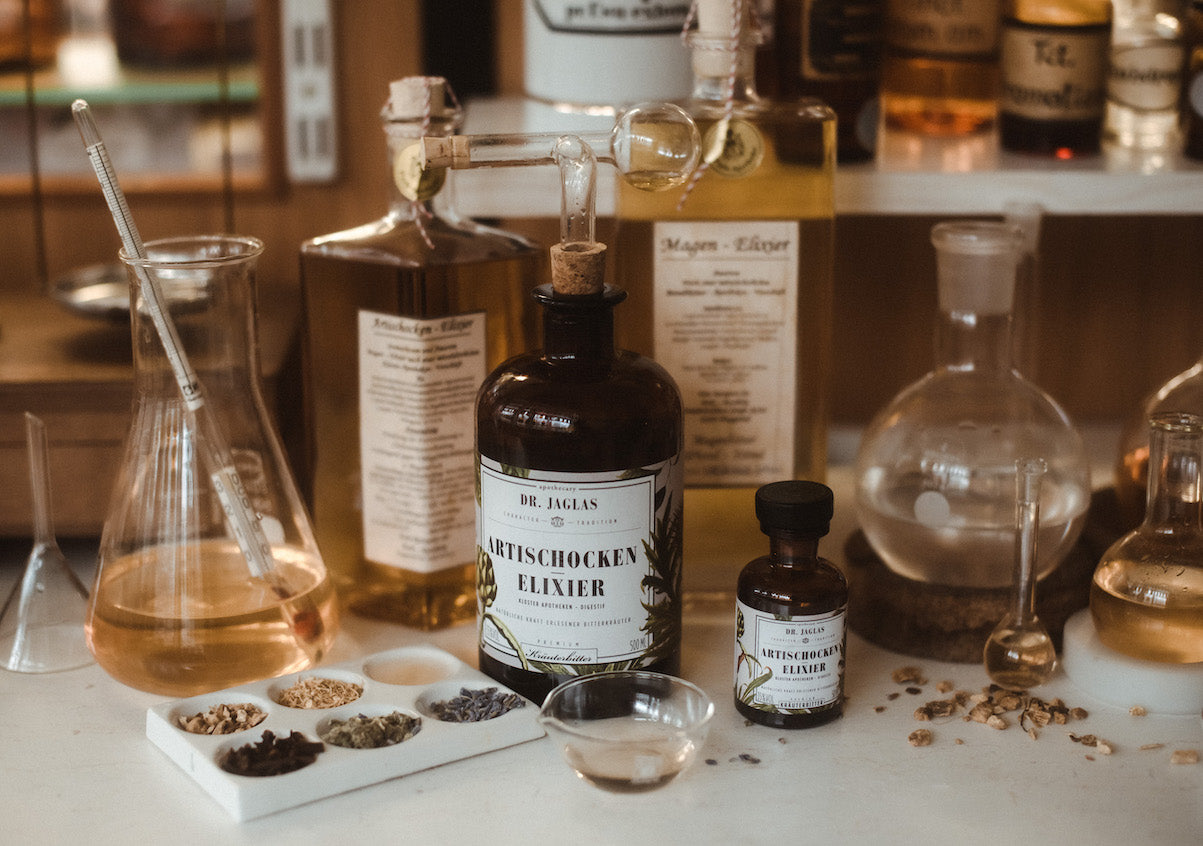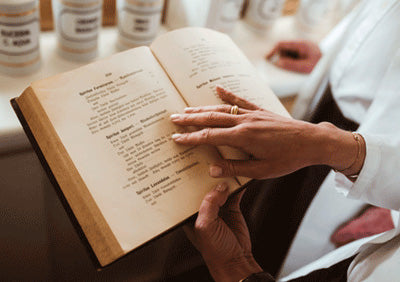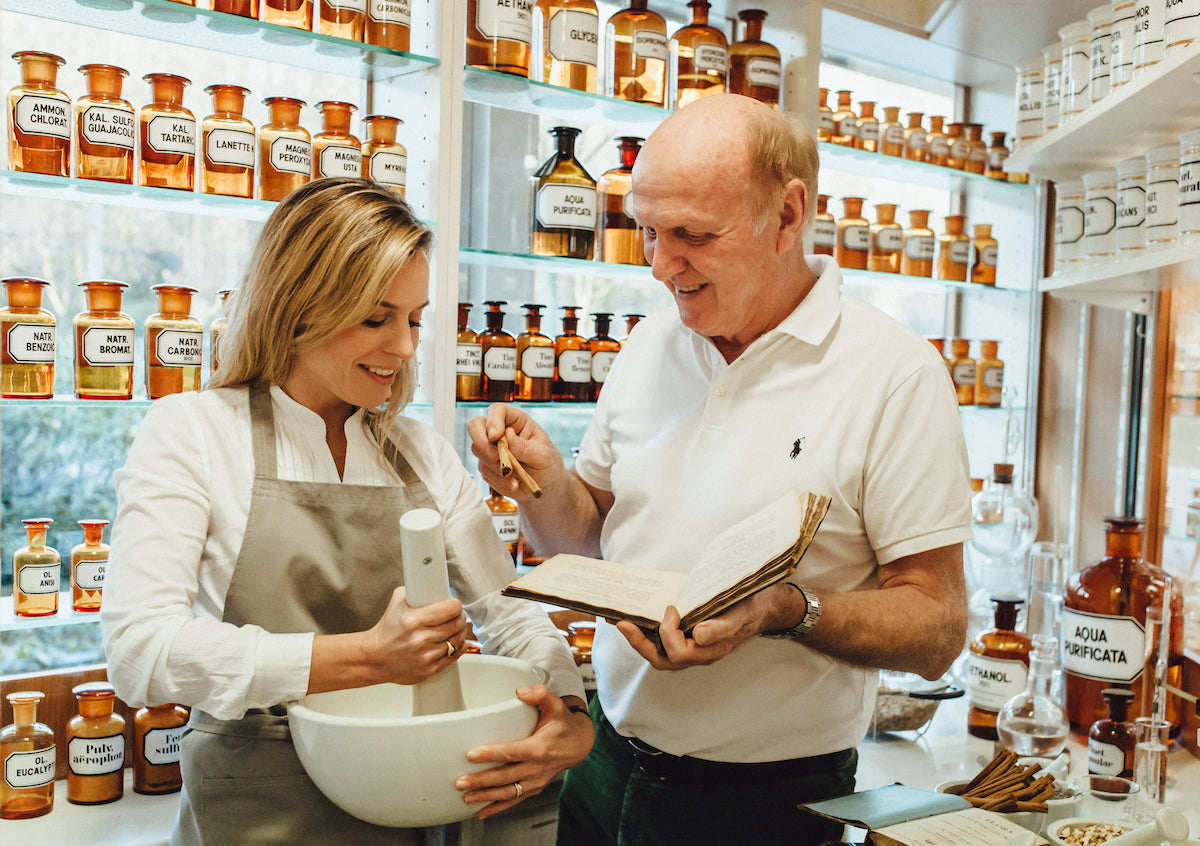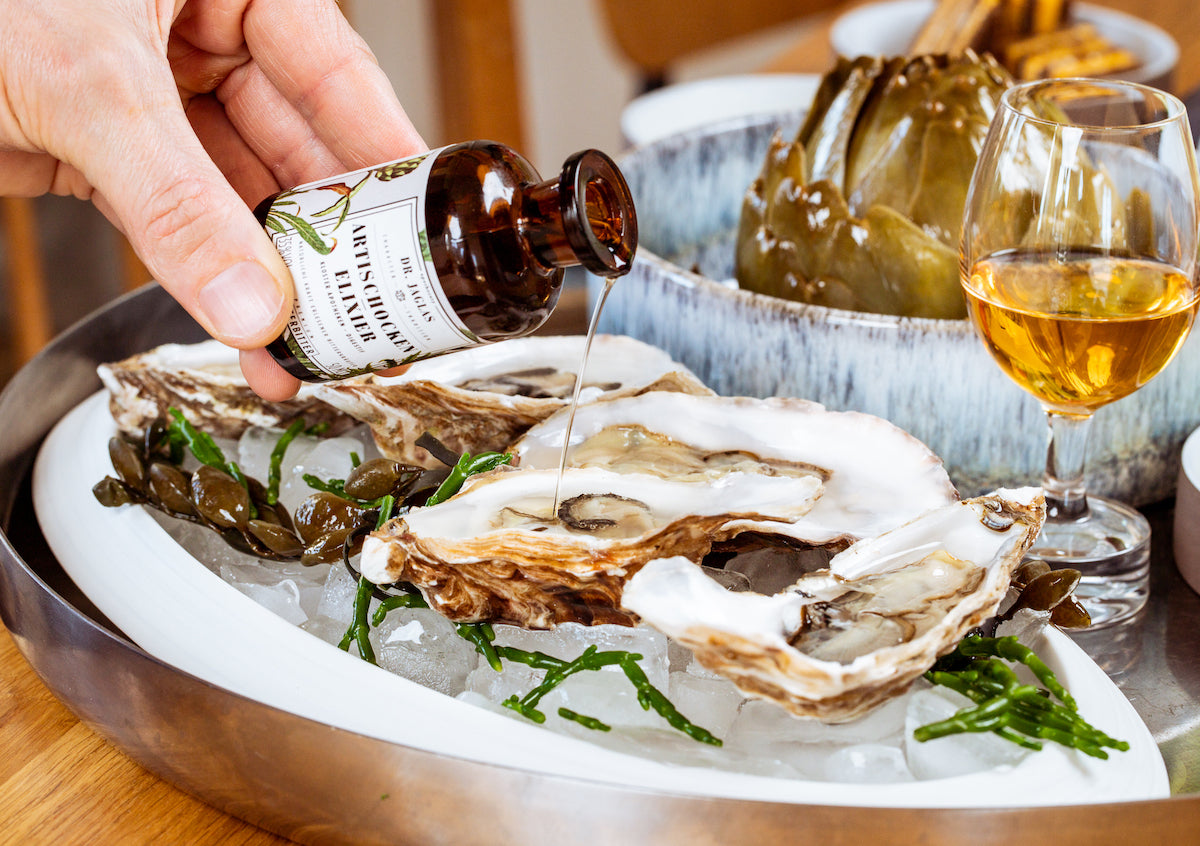Alcohol and sport: not a good combination!
Do you know a really successful and good professional athlete who regularly drinks hard drinks after training or competition? Definitely not, because alcohol and exercise don't mix. Although some athletes grab a glass of champagne or a bottle of beer during a victory celebration, ambitious athletes know very well that this should remain an exception. There are now also some great non-alcoholic alternatives that are just as great to toast to victory with!
What is alcohol and how is it absorbed by the body?
Alcohol is created through a biochemical process when bacteria or yeast ferment and break down sugar. If certain foods are added to this process, alcoholic drinks can be produced. For example, wine is made from grapes and beer is made from hops and malt. The alcohol content can be increased by distillation. Such drinks are then called spirits . This category includes, among others, schnapps, vodka, whiskey and cognac. On the other hand, flavors and sugar are added to a liqueur after distillation. Alcohol has a tradition going back thousands of years as a food, drink and intoxicant. We mainly absorb it through our stomach. After a few minutes it then reaches our brain via the bloodstream. There it then unfolds its infamous effect. After an hour at the latest it has spread throughout the body. Sometimes the effect occurs much earlier. For example, in people who drink alcohol very quickly or on an empty stomach. Or even when alcohol is consumed after training or sport.
Alcohol and sport: What effects can alcohol have on the training effect?
As already mentioned, alcohol and exercise make a very bad duo. Ultimately, the drinks make you tired and reduce your ability to react: no athlete can afford to do either, because then top performance is not possible. Fatigue means that training is only half-hearted and with much less power, and the reduced ability to react significantly increases the risk of injury. If you're unlucky, you'll injure yourself so badly that you'll have to take a long break from sports or have to give up sport completely. Ultimately, alcohol also inhibits muscle building because it slows down important metabolic processes. So if you repeatedly consume alcohol after training, you shouldn't be surprised if your muscle mass simply doesn't want to increase despite the greatest effort and maximum commitment. Since alcohol removes water from the body, the muscles are also less supplied with minerals and nutrients. In the worst case, this can lead to cardiac arrhythmias, which are often very dangerous. There are plenty of reasons, especially for athletes, to avoid alcohol. And the best thing: It's never too late to start giving up ! Then the muscle building works again.
How long should I not consume alcohol before sporting competitions?
Alcohol can have a negative impact on performance for up to 48 hours after consumption. So be sure to take a sufficiently long break from alcohol before your competition so that your body has enough time to break it down again. With the non-alcoholic drinks from Dr. You still don't have to miss out on the best enjoyment before exercising, especially since varieties like San Limello and Herbe Hibiscus really refresh and invigorate you. Alcohol can also impair recovery after strenuous training or a challenging competition, especially if consumed too early. After exercising, drink soft drinks to quench your thirst and eat foods high in carbohydrates and proteins. Otherwise the alcohol could have too strong an effect on your body because the organism is initially weakened by the enormous exertion. So give yourself and your body some time. Afterwards you can always toast your success with an alcoholic drink . If you follow these tips, alcohol and exercise can at least be combined to some extent. It is of course better to completely avoid alcohol before and after training as well as before and after competitions. Just try the non-alcoholic drinks from Dr. Jaglas : I'm sure you'll get a taste for it too, and then the incompatibility of alcohol and sport will no longer be an issue!
Alcohol and sports professionals: Good reasons to avoid alcohol
Of course, there are also professional athletes who occasionally drink alcohol. Some athletes probably treat themselves to a glass immediately before training or competition. For example, to compensate for nervousness and pressure. But the fact is that these athletes cannot perform as well as they would without alcohol . According to scientists and doctors, there are no professional athletes who regularly drink large amounts of alcohol and still perform first-class. Because alcohol and exercise just don't mix. Neither do muscle building and alcohol . Anyone who avoids hard liquor is doing something good for their health, reducing the risk of various illnesses and being able to enjoy their sporting success much more consciously.




